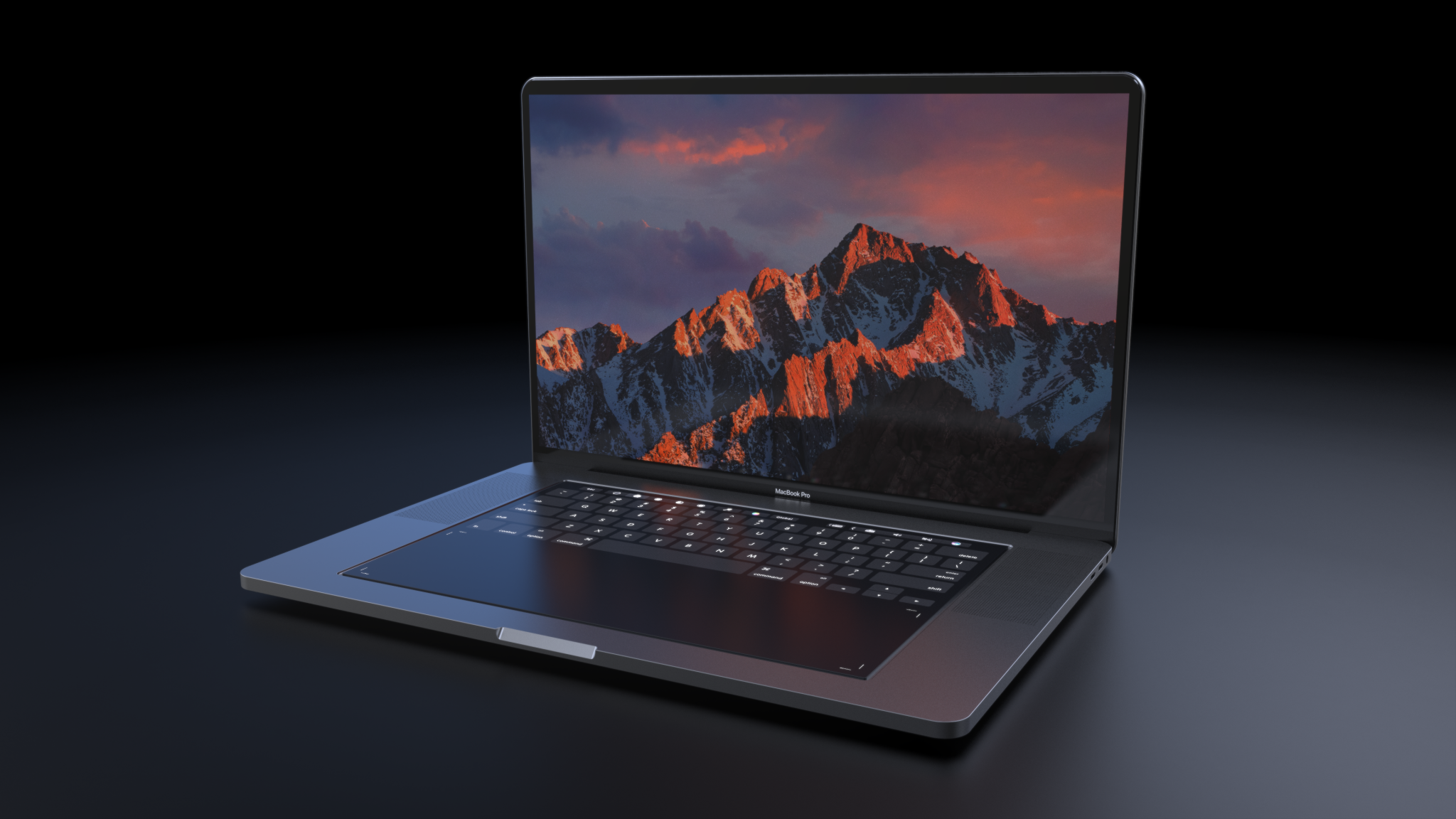
A recent report has indicated there is a security flaw in Intel’s processor chip, which is affecting macOS clients. Apple has partially addressed this issue in the recent macOS 10.13.2 update, which was released to the public on December 6. This update has mitigated “most” of the security concerns associated with this vulnerability. Why is this an issue? The design flaw allows normal user programs to see some of the contents of the protected kernel memory, potentially giving hackers and malicious programs access to sensitive information like passwords, login keys and more. Full details on the vulnerability continue to be unavailable and under embargo, so it’s not yet clear just how serious it is, but fixing it involves isolating the kernel’s memory from user processes using Kernel Page Table Isolation at the OS level. Implementing Kernel Page Table Isolation could cause performance issues on some machines.
Apple hasn’t yet publicly acknowledged this bug, but Intel has released a statement on the issue. Their report deflects blame a bit. Indicating that it’s not just Intel processors, but AMD and ARM processors also being affected. I get it – mention everyone else, but this seems a bit shallow to me. Yes, Intel processors are having this issue, but why is it Intel’s job to point the finger at everyone else? Intel says they are working closely with other tech firms in order to figure out an industry-wide approach to this problem. And that may be, but it still feels like they’re pointing fingers.

Intel’s statement also seems to focus more on the media coverage of the bug rather than the bug itself. Yet another deflection technique. Which makes me wonder what they’re hiding? I tend to be skeptical of a lot of things, but especially when you go to these kinds of lengths to keep us in the dark about something. Which makes me ask the question again, what are they hiding? Below is an excerpt from Intel’s statement. It only takes one paragraph before they start to throw everyone else under the bus. I’ll be interested to find out more details about this in the coming weeks.
Intel and other technology companies have been made aware of new security research describing software analysis methods that, when used for malicious purposes, have the potential to improperly gather sensitive data from computing devices that are operating as designed. Intel believes these exploits do not have the potential to corrupt, modify or delete data.
Recent reports that these exploits are caused by a “bug” or a “flaw” and are unique to Intel products are incorrect. Based on the analysis to date, many types of computing devices — with many different vendors’ processors and operating systems — are susceptible to these exploits.
Intel is committed to product and customer security and is working closely with many other technology companies, including AMD, ARM Holdings and several operating system vendors, to develop an industry-wide approach to resolve this issue promptly and constructively. Intel has begun providing software and firmware updates to mitigate these exploits. Contrary to some reports, any performance impacts are workload-dependent, and, for the average computer user, should not be significant and will be mitigated over time.



